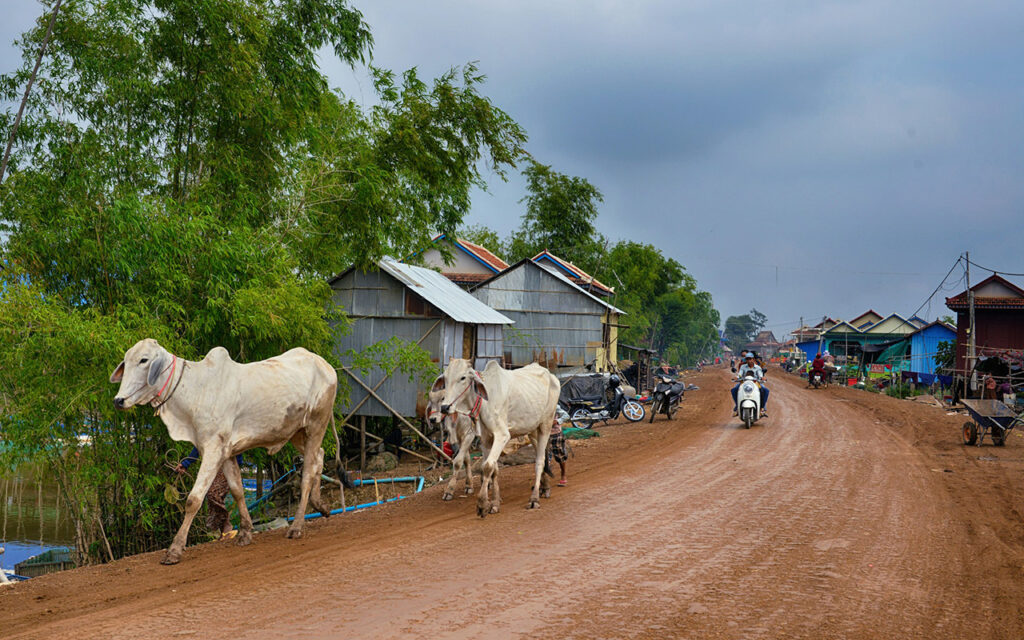In South Sudan, Seventh-day Adventists Face Violence Amid Rapid Church Growth
Mob attacks against church members, yet pastors haven’t stopped the church from moving forward.
July 21, 2025 | South Sudan | Emanuel Pelote, for Adventist Review
On July 5, seventeen Seventh-day Adventist members were attacked and their church property burned by a mob in Turalei Payam, South Sudan. Seven individuals remain hospitalized with injuries sustained during the attack.
This incident follows a pattern of escalating violence against Adventist believers in the region, which lies within the “10/40 window”—a geographic area between 10 and 40 degrees north latitude, where many populations remain unreached by the Christian gospel.

[Photo: Allphoto Bangkok/Unsplash]
Despite these hostilities, the Greater Bahr el Ghazal Field—where the recent attacks occurred—has become the fastest-growing mission area in South Sudan. The South Sudan Union Mission (SSUM) is now the most rapidly growing union in the East-Central Africa Division (ECD). Thousands of young people, women, and other community members have left traditional religions to become Seventh-day Adventists. On June 28—just one week before the July 5 attacks—more than 700 new members were baptized in the region. Church leaders believe the size and visibility of that event may have triggered the most recent wave of opposition.
According to Daniel Ogwok, secretary of SSUM, the persecution is directly connected to the spiritual awakening taking place. “Just a few short years ago the 30,000 Adventist members in this region would have been followers of traditional religions,” he said. “But especially since the burning of the church in 2022, the growth of the [Adventist] Church has accelerated.”
At the heart of the conflict is the biblical teaching on the state of the dead, which stands in contrast to practices of ancestor worship prevalent in local traditional religions. “Many women and children are coming to Christ,” Ogwok noted. “Women and children are important for serving in these traditional religions.” Because these systems rely on communication with ancestors, the Adventist message that the dead are asleep in Christ challenges foundational beliefs and power structures in the community.
Blasious Ruguri, president of the East-Central Africa Division, affirmed that opposition to the gospel should not be unexpected. “We are still in the great controversy,” he said. “Jesus has told us that opposition will come, but we must never stop working for the mission of God. There may be suffering, but we must remember that wherever there is service to God, there is an even greater joy.”
Ogwok echoed this view. “The young people are very excited about their faith, and these attacks will not stop them. In fact, there will be many more who will join the church after this.”